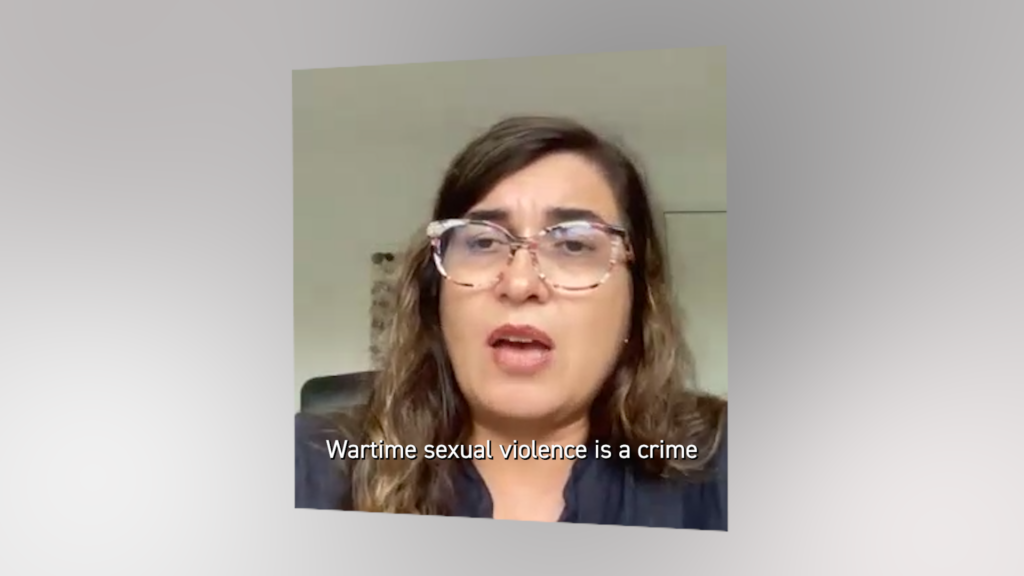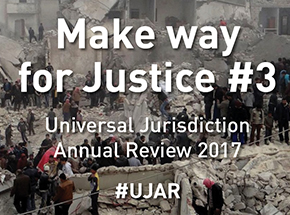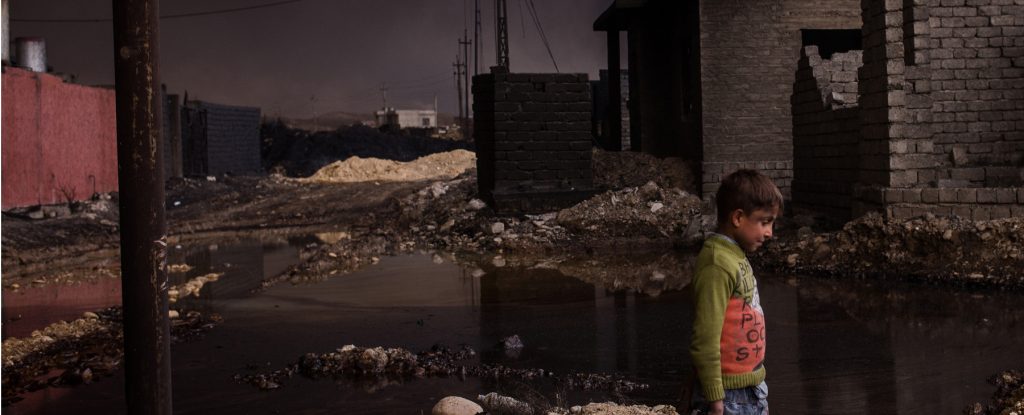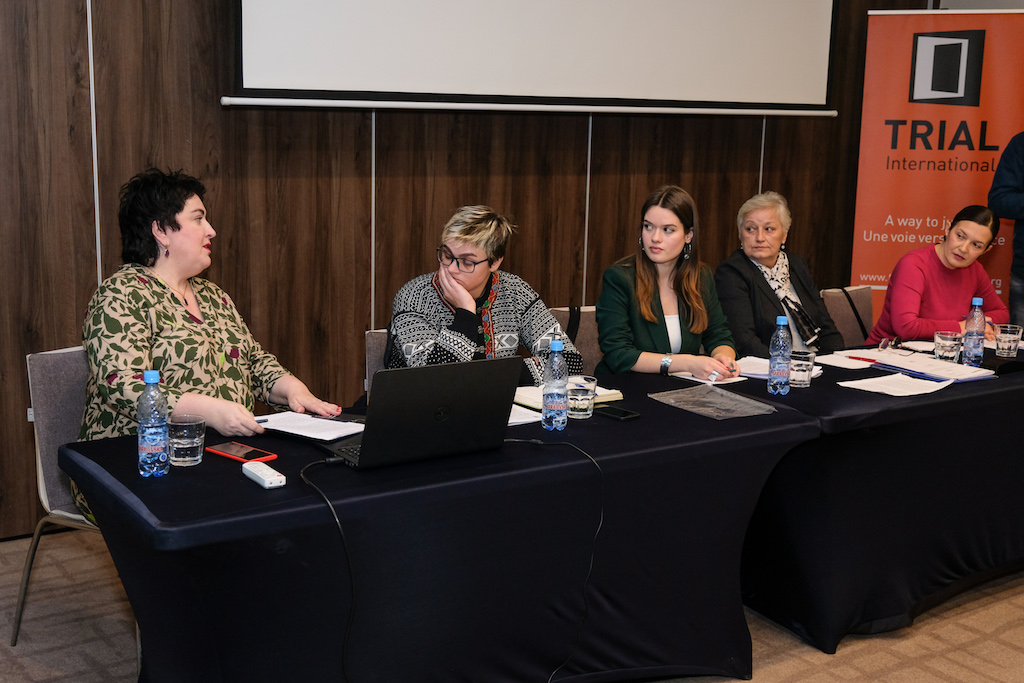The fight for justice knows no borders: 29 years after war crimes were committed in Foča, a suspect is arrested and charged in Montenegro
Slobodan Curcic, who is suspected of having committed war crimes in Foča (Bosnia and Herzegovina – BiH) in 1992, including the killing of two Bosniak civilians and the participation, alongside other people, in the rape and sexual abuse of Bosniak women and girls and the rape of one person, was located and charged for these crimes in Montenegro. The case represents an important milestone as it is one of the first war crime cases transferred from BiH to Montenegro, showing that the fight for justice knows no borders.
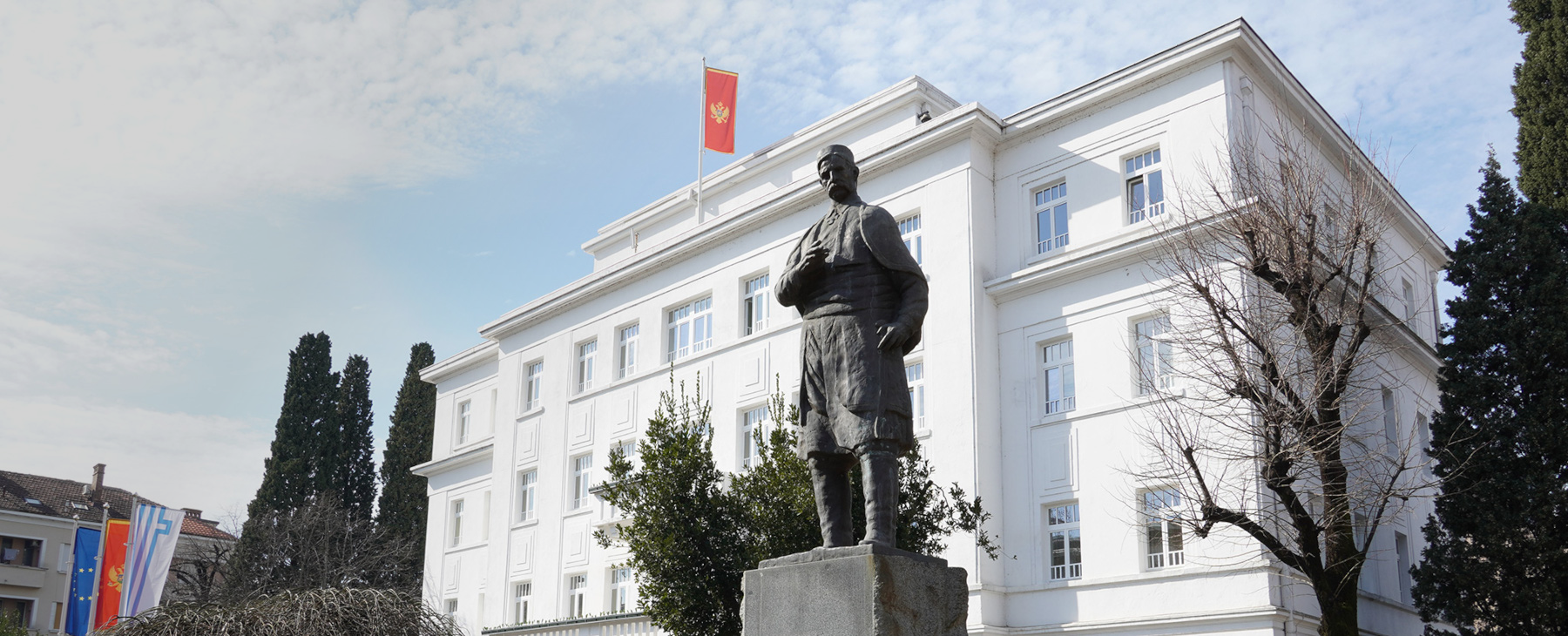
TRIAL International supported the rape survivor from day one, by offering her free legal aid every step of the long path to justice. In particular, the organisation facilitated the ongoing communication with the Prosecutor’s Office of BiH that was conducting the investigation into her case. In 2018, an indictment was finally raised. Since the alleged perpetrator was not in the country, an Interpol “red notice” for his arrest was issued. At last, Mr Cucic was arrested in Montenegro, after which the indictment was confirmed by a Montenegrin court in December 2021. TRIAL International also partnered with Human Rights Action, a local NGO fighting against impunity in Montenegro, to ensure that the survivor would receive legal representation by an attorney in the criminal proceeding.
“We must always strive to bring justice for survivors, regardless of the time elapsed since the crime was committed. Cooperation of prosecutors in the Balkan region is key to prosecuting a greater number of perpetrators of war crimes committed in BiH, since many of them have moved to neighboring countries, attempting to escape justice,” said Ajna Mahmić, legal advisor at TRIAL International.
By the end of 2020, around 40% of unresolved cases before the courts of BiH were pending due to the unavailability of the indicted persons. The European Commission’s’ Report on Bosnia and Herzegovina 2021 states that judicial cooperation in war crimes cases remains ineffective in the Balkan region, even though specific bilateral cooperation protocols between the Prosecutor’s Office of BiH and its counterparts in Serbia, Croatia and Montenegro, are in place.
The report states that: “As they are holding multiple citizenship, these individuals are allegedly residing in neighboring countries. This enables them to escape justice by taking advantage of the prohibition in the countries of the region to extradite their own nationals for the criminal offenses of genocide, crimes against and war crimes”. TRIAL international hopes that this example of successful cooperation between judicial bodies of BiH and Montenegro, coupled with the support of dedicated NGOs, will result in renewed actions in the fight against impunity


